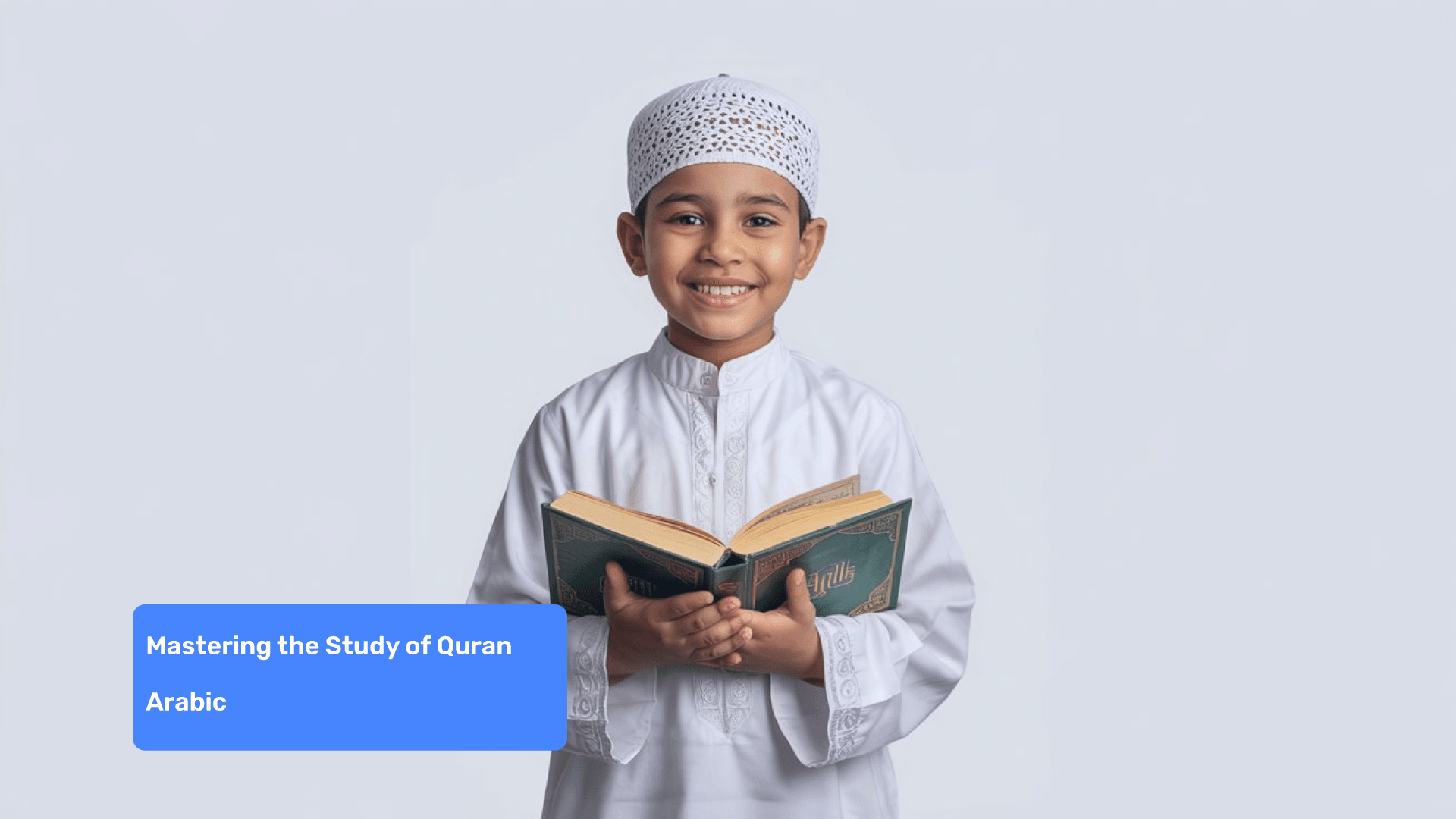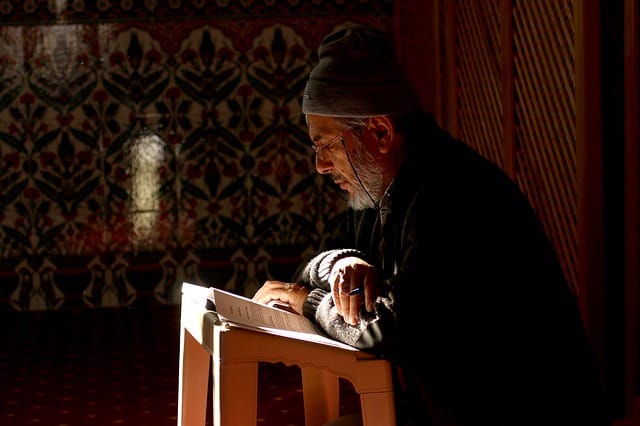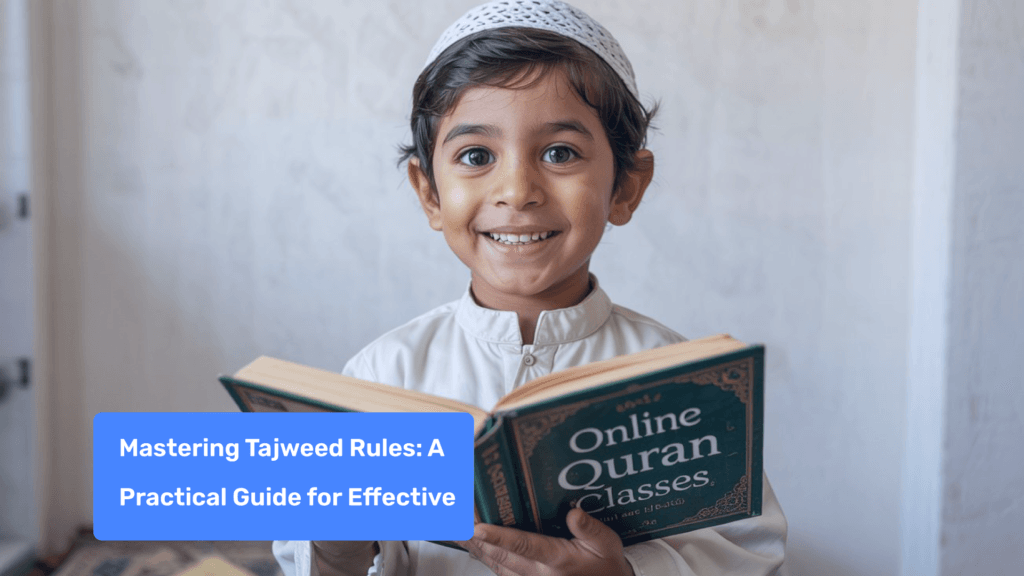Sajdah, or prostration, holds a deeply significant place in Islam, representing a physical and spiritual act of submission to Allah. It is one of the most important actions in the daily life of a Muslim, as it reflects humility, gratitude, and acknowledgment of Allah’s greatness. Sajdah is performed during Salah (prayer), and there are specific verses in the Holy Quran that also call for this profound act of devotion. This guide will explore the meaning and significance of Sajdah in Islam, its various types, and how many Sajdah Ayaat (verses of prostration) are found in the Quran, where Allah prostrates.
Understanding Sajdah in Islam
Sajdah is the act of lowering oneself to the ground in prostration, a gesture of submission and awe before Allah. It is one of the central components of Salah, the five daily prayers that Muslims are obligated to perform. In each unit, or rakat, of Salah, a Muslim performs one sajdah and two sujud (prostrations), symbolizing the ultimate expression of humility and devotion.
In every rakat of Salah, two sujud are performed, which means that the act of Sajdah is repeated multiple times daily, depending on how many rakats one offers in a single prayer. Sajdah is not only a physical act but also a reminder of one’s servitude to the Lord of the Universe. By lowering the forehead to the ground, a Muslim acknowledges Allah’s supreme authority, His boundless mercy, and the immense power that governs the world.
Surah Al-A’raf, particularly verse 206, emphasizes the humility of those in proximity to Allah who do not allow arrogance to hinder their worship, reinforcing the significance of sajda as an expression of adoration.
In Islam, Sajdah also serves as an opportunity to glorify Allah’s greatness. While in Sajdah, Muslims recite “Subhana Rabbiyal A’la” (Glory be to my Lord, the Most High) at least three times. This recitation reinforces the believer’s sense of reverence and humility before Allah, creating a profound spiritual connection.
Types and Significance of Sajdah
There are three primary types of Sajdah in Islam, each with its unique significance:
- Sujood al-Shukr (Prostration of Gratitude): This type of Sajdah is performed as a gesture of thanks to Allah when a person feels particularly grateful for a blessing or favorable outcome. It is an immediate response to something good, reminding Muslims to always show gratitude to Allah for His endless favors.
- Sujood al-Tilawah (Prostration during Recitation): This type of Sajdah occurs when reciting or listening to specific verses in the Quran that call for prostration. These verses are known as Sajdah Ayaat and are scattered throughout various Surahs (chapters) of the Holy Quran. For instance, in Surah Maryam, the prophets favored by Allah would fall into prostration and weep upon receiving the verses of the Most Merciful, highlighting their deep emotional response to divine revelations.
- Sujood al-Istighfar (Prostration of Repentance): This form of Sajdah is performed as an act of seeking forgiveness from Allah. It is a way for Muslims to acknowledge their mistakes and sins and to ask for mercy and pardon.
Each form of Sajdah plays an essential role in fostering a believer’s connection with Allah. It reminds Muslims of their dependence on their Creator and serves as a means of growing spiritually, reinforcing humility, and strengthening faith.
Sajdah in the Quran
In addition to the prostrations made during Salah, the Quran itself contains specific verses, known as Sajdah Ayaat, that call for prostration. These verses are scattered across different Surahs, and when a Muslim encounters one of these Ayaat during recitation, they are encouraged to immediately perform a single Sajdah. This prostration, known as sajdah tilawat or Sajdah al-Tilawah, can be performed while reciting the Quran or upon hearing the verse from someone else.
Surah Al-Rad emphasizes the universality of worship and submission, illustrating how all beings in the heavens and the earth prostrate to Allah, both willingly and under compulsion.
How Many Sajda in Quran?
There are a total of 15 Sajdah Ayaat in the Quran. These verses serve as moments of reflection, calling upon believers to pause and physically express their submission to Allah’s will. Some of the Surahs that contain Sajdah Ayaat include:
- Surah Al-A’raf (7:206): This verse emphasizes the reverence that believers must show to Allah, especially in the context of worship.
- Surah Al-Sajdah (32:15): A pivotal verse that underscores the significance of prostration as an expression of humility before Allah.
- Surah Al-Furqan (25:60): Here, believers are reminded of the importance of worshiping and glorifying Allah without arrogance.
- Surah Al-Hajj (22:18): This verse highlights the universality of prostration, as even the natural world is in a state of submission to the Creator.
- Surah Al-Inshiqaq (84:21): This verse serves as a reminder of the significance of acknowledging Allah through prostration.
- Surah Al-Alaq (96:19): The first revelation received by Prophet Muhammad (PBUH) ends with a command to prostrate, highlighting the act’s importance.
- Surah Fussilat (41:37): This verse emphasizes the signs of Allah in the creation of celestial bodies and calls for worshiping Allah alone, not prostrating to the creations.
- Surah As-Sajdah (32:15): This Surah is specifically named for its emphasis on the act of prostration and its significance in the believer’s life.
In each of these instances, Muslims are reminded that Sajdah is more than a physical act; it is a manifestation of complete submission to Allah. Performing Sajdah al-Tilawah reinforces the believer’s connection with the Quran’s message and deepens their spiritual experience.
Is Prostration Obligatory?
Prostration, or Sajdah, is a fundamental aspect of Islamic worship. While there is some debate among Islamic scholars regarding the obligation of Sajdah, the majority agree that it is a Sunnah, or a recommended act of worship. In the context of Quran recitation, Sajdah is considered obligatory (Wajib) by some scholars, while others consider it a Sunnah.
According to a Hadith narrated by Abu Huraira, the Prophet Muhammad (peace be upon him) said: “During recitation, whenever a person reaches the point of Sajdah Tilawat, and he performs prostration, then the evil (Shaitaan) shouts and detaches himself from that person and howls, ‘O Disaster! When he was asked to do Sajdah, he did, thus for him, there are the gardens in Jannah. But when I was instructed to do Sajdah, I did not do, and for me, there is hellfire.’” (Sahih Muslim)
This Hadith highlights the importance of performing Sajdah during Quran recitation, and the rewards that come with it. It serves as a powerful reminder of the spiritual benefits and protection that Sajdah provides, reinforcing its significance in the life of a Muslim.
Performing Sajdah
To perform Sajdah, one says “Allahu Akbar” and moves into the prostration position, touching their forehead and nose to the ground. Unlike in Salah, one does not raise their hands before saying “Allahu Akbar.” While in Sajdah, Muslims recite “Subhana rabbiyal a’la” (Glory is to my Lord, the Most High) at least three times. This short phrase is packed with deep meaning, as it reinforces the greatness and exalted status of Allah.
In Surah Hajj, the importance of prostration and submission to Allah is emphasized, illustrating how all creation acknowledges His greatness.
It is also permissible to make dua (supplications) while in Sajdah, and Muslims can do this in any language they feel comfortable with. The Prophet Muhammad (PBUH) emphasized that a person is closest to Allah when they are in prostration, making this an ideal time for personal prayer and seeking forgiveness.
Etiquette and Posture of Sajdah
When performing Sajdah, it is essential to maintain proper etiquette and posture. Here are some guidelines to ensure that your prostration is performed correctly and with the utmost reverence:
- Takbeer: Before moving into the prostration position, say “Allahu Akbar” (God is great).
- Posture: Place your hands on the ground, with your fingers together and your palms facing downwards.
- Knees: Position your knees on the ground, ensuring that your weight is evenly distributed between your hands and knees.
- Forehead: Lower your forehead to the ground, making sure that your nose and mouth also touch the ground.
- Recitation: While in Sajdah, recite “Subhaana Rabbiyal-A’laa” (Glory be to my Lord, the Most High) at least three times.
- Rising: When rising from Sajdah, say “Allahu Akbar” again.
It is also recommended to perform Sajdah on a clean and pure surface, and to avoid performing Sajdah in a state of impurity or while facing towards a toilet or a graveyard. By adhering to these guidelines, you can ensure that your Sajdah is performed with the proper respect and devotion.
Reciting Sajdah in the Quran
While reading the Quran, a special symbol “۩” or the word “سجدة” often appears beside the verse that contains a Sajdah Ayah. This symbol serves as a reminder for the reader to pause and perform the Sajdah. When performing Sajdah al-Tilawah, there is a recommended dua (supplication) that can be recited:
سَجَدَ وَجْهِيَ لِلَّذِي خَلَقَهُ، وَشَقَّ سَمْعَهُ وَبَصَرَهُ، بِحَوْلِهِ وَقُوَّتِهِ، فَتَبَارَكَ اللَّهُ أَحْسَنُ الْخَالِقِينَ“My face has prostrated to the One who created it and brought forth its faculties of hearing and seeing by His might and power. Blessed is Allah, the best of creators.”
Surah Al-Rad emphasizes the universality of worship and submission, illustrating how all beings in the heavens and the earth prostrate to Allah, both willingly and under compulsion.
The Prophet Muhammad (PBUH) frequently emphasized the importance of performing Sajdah when encountering these verses, as it allows believers to physically express their submission to Allah’s message.
Benefits of Sajdah in Quran Recitation
Performing Sajdah during Quran recitation has numerous benefits, both spiritual and practical. Here are some of the key advantages:
- Spiritual Growth: Sajdah helps to cultivate humility and submission to Allah, leading to spiritual growth and self-refinement. By physically lowering oneself in prostration, a believer acknowledges their dependence on Allah and strengthens their connection with Him.
- Protection from Shaitaan: As mentioned in the Hadith, performing Sajdah during Quran recitation helps to protect oneself from the evil influences of Shaitaan. This act of devotion serves as a shield against negative forces, ensuring that the believer remains steadfast in their faith.
- Increased Blessings: Sajdah is a means of seeking Allah’s blessings and mercy. By engaging in this act of worship, believers can experience an increase in both spiritual and material blessings, enhancing their overall well-being.
- Improved Focus: Performing Sajdah during Quran recitation helps to improve one’s focus and concentration. This heightened state of mindfulness allows for a deeper understanding of the Quranic text, enriching the recitation experience.
By incorporating Sajdah into Quran recitation, believers can reap these benefits, enhancing their spiritual journey and deepening their connection with the Holy Quran.
The Importance of Sajdah in Surah Al-Sajdah
One of the most significant Surahs containing a Sajdah Ayah is Surah Al-Sajdah (Chapter 32). This Surah not only includes a verse of prostration but also emphasizes the profound meaning and importance of submitting to Allah. Surah Al-Sajdah, verse 15 states:
“Only those believe in Our verses who, when they are reminded by them, fall down in prostration and exalt [Allah] with praise of their Lord, and they are not arrogant.”
This verse highlights that true believers are those who respond to Allah’s guidance with humility, recognizing His greatness through prostration. Surah Al-Sajdah serves as a powerful reminder of the spiritual importance of Sajdah in Islam, as it fosters a sense of awe, reverence, and complete submission to Allah’s will.
Another important Surah with a Sajdah Ayah is Surah Fussilat. This Surah emphasizes the signs of Allah, including the creation of celestial bodies such as the night, day, sun, and moon. It calls for worshiping Allah alone and not prostrating to His creations, highlighting humility and devotion to the Creator.
Understanding Sajdah in Surah Al-Furqan
Surah Al-Furqan is the 25th chapter of the Holy Quran and contains one of the 15 Sajdah verses. The verse reads: “And when it is said to them, ‘Prostrate to the Most Merciful,’ they say, ‘And what is the Most Merciful? Should we prostrate to that which you order us?’” (25:60)
This verse highlights the importance of Sajdah as a means of worshiping Allah and the need to submit to His will. The verse also emphasizes the importance of humility and obedience, serving as a reminder to Muslims to prioritize their relationship with Allah above all else.
In the context of Surah Al-Furqan, the Sajdah verse serves as a call to action, encouraging Muslims to prostrate to Allah and seek His mercy and forgiveness. By performing Sajdah during the recitation of this verse, Muslims can demonstrate their commitment to Allah and seek His blessings and protection. This act of devotion reinforces the believer’s connection with the Quran’s message and deepens their spiritual experience.
Conclusion
Sajdah is an integral part of the Islamic faith, representing the ultimate act of humility and submission to Allah. It is more than just a physical gesture; it is a profound spiritual experience that allows Muslims to connect with their Creator on a deep level. Whether performed during Salah, after encountering a Sajdah Ayah in the Quran, or as a way of expressing gratitude or seeking forgiveness, Sajdah serves as a means of deepening one’s relationship with Allah.
The Quran contains a total of 15 Sajdah Ayaat, scattered throughout various Surahs. By engaging in Sajdah, believers not only fulfill their religious obligations but also experience a sense of peace, humility, and connection with Allah. Embracing the practice of Sajdah can greatly enhance one’s spiritual journey, enriching both their prayers and their understanding of the Quran.













